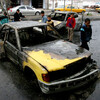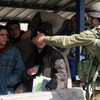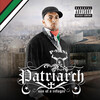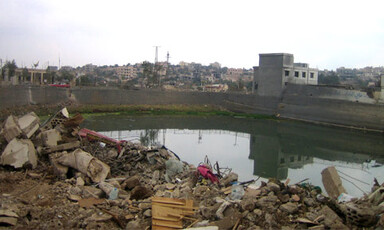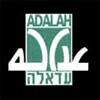
Haifa Planning Committee rules against confiscation of Arab land
12 March 2007
The decision of the Haifa District Planning and Building Committee prevented gross violations of Arab landowners rights to property and safeguarded their basic source of livelihood. It also removed all the limitations on land use proposed by the plan. On 8 March 2007, Adalah received the decision of the Sub-Committee for Objections within the Haifa District Planning and Building Committee to accept the objection of Adalah against plans to earmark an area of land cultivated by Arab farmers in the north of Israel as forested land. Read more about Haifa Planning Committee rules against confiscation of Arab land
